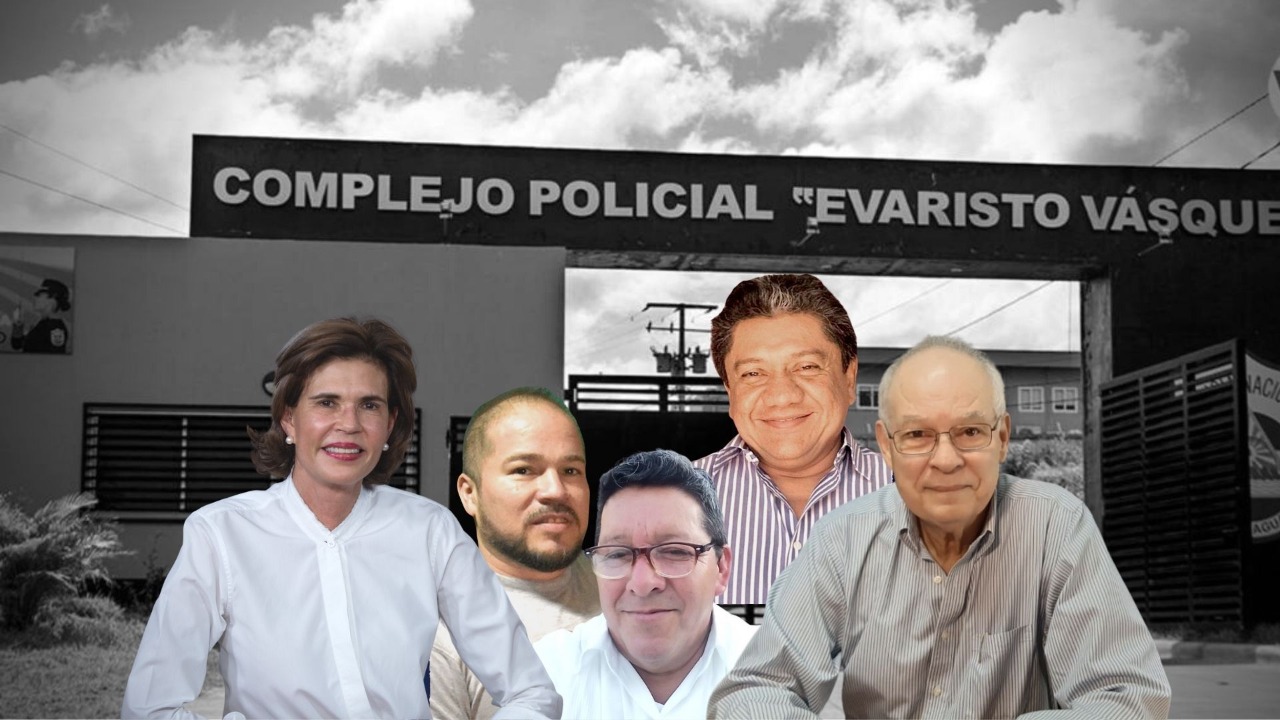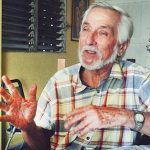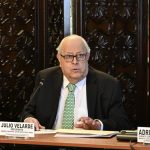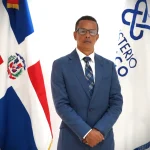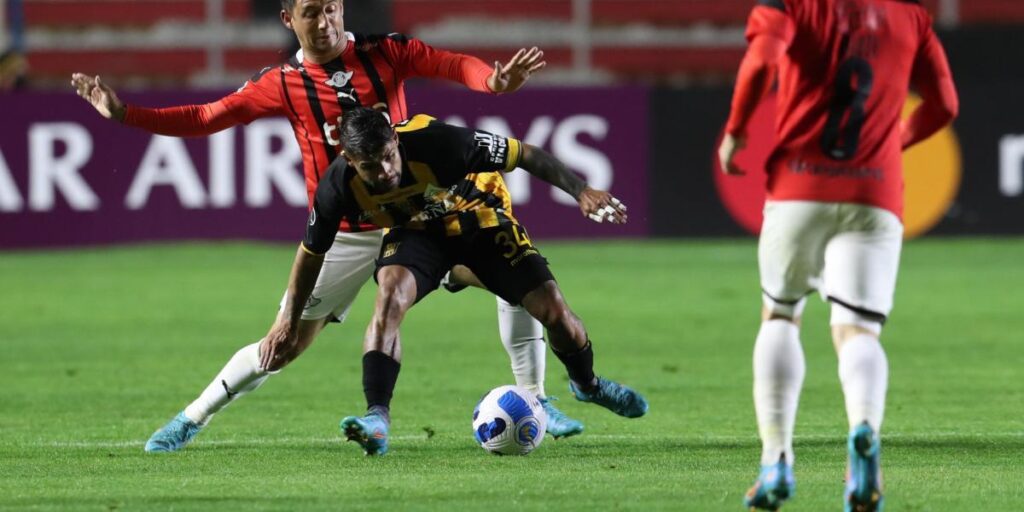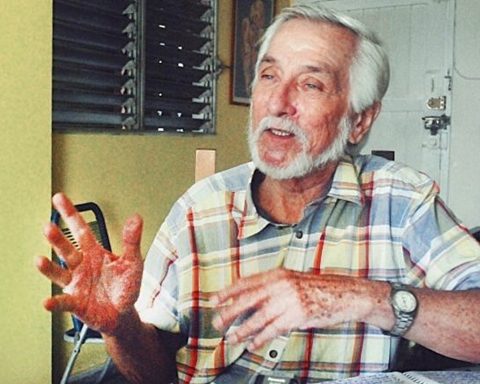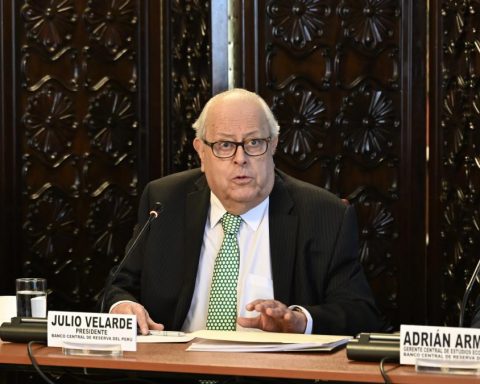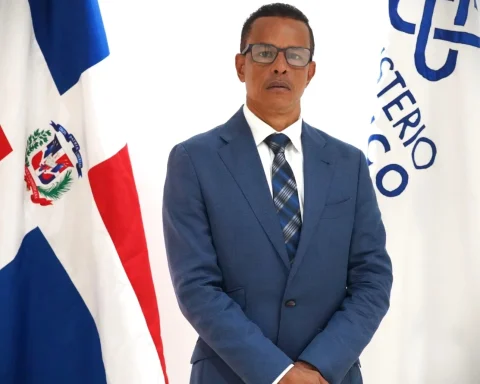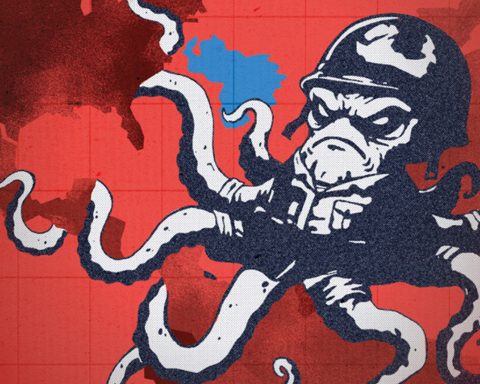Lawyers, academics and international human rights defenders concluded that political trials against opponents in Nicaragua are used to silence dissenting voices and the media.
In the event «Trials, arbitrariness and annulments as a weapon of repression» organized by Voices of the South Unitedpointed out that the situation in the country is becoming more complex.
Thomas Burt, from Voces del Sur, denounced the criminalization and judicialization of the independent press in Nicaragua and the cancellation of the legal status of non-governmental organizations. The event seeks to highlight the case of Nicaragua internationally.
The case of the Violet Foundation
Lawyer Orieta Benavides, defender of the former president of the Violeta Barrios de Chamorro Foundation (FVBCH) and presidential candidate, Cristiana Chamorro, denounced the irregularities and said that it was “a manual of violations of due process. We are talking about the tragedy of all those accused in the case against the Foundation».
Related news: USAID repudiates the “judicial farce orchestrated by Ortega” against the FVBCH
«The system began to articulate itself to open false crimes against Cristiana Chamorro and the other directors of the Foundation. During the investigative stage, which corresponds to the Public Prosecutor’s Office, the violation of due process was notorious since the summons, they denied him the right to be assisted by a lawyer of his choice, nor were we given minutes of interviews, he was never told the charges for which they were charged,” Benavides said.
The lawyer explained that before the imminent arrest of her clients they filed habeas corpus petitions and the Court of Appeals resolved the petitions for a single day, denying the possible arrest because supposedly “there was no threat”.
“They were taken in secret to the constitutional guarantees hearing, they imposed a public defender on him, they did not allow him to communicate with his relatives. They imposed deadlines of 90 days for the investigation », he added while revealing that the hearings were held in Chamorro’s house, in the Judicial Complex and « El Chipote ».
According to Benavides, June 8 was the only day he had access to a 30-minute meeting with his client. During the trial, he assured, more than 3,000 documents were presented as evidence “that demonstrated the illegality of the trial and the innocence of our defendants.”
Related news: Ortega wants to “intimidate and censor” those who work to promote freedom of expression
He claimed that the judge who heard the case only took about 20 minutes to give his final verdict of guilt. Then sentences were imposed ranging from six to 13 years in prison and millionaire fines that exceed 110 million córdobas for each one.
“There was misuse of international standards”
The political prisoners in the case of the FVBCH were charged with the crimes of money laundering, goods and assets, ideological falsehood, improper retention, among other crimes. According to Jocelyn Nieva, Principal Legal Advisor for Latin America and the Caribbean at The International Center for Not-for-Profit Law (ICNL) in Nicaragua there was “misuse of global standards for the fight against money laundering and financing of terrorism. This law is intrusive and has severe penalties, it limits the legitimate work of organizations.
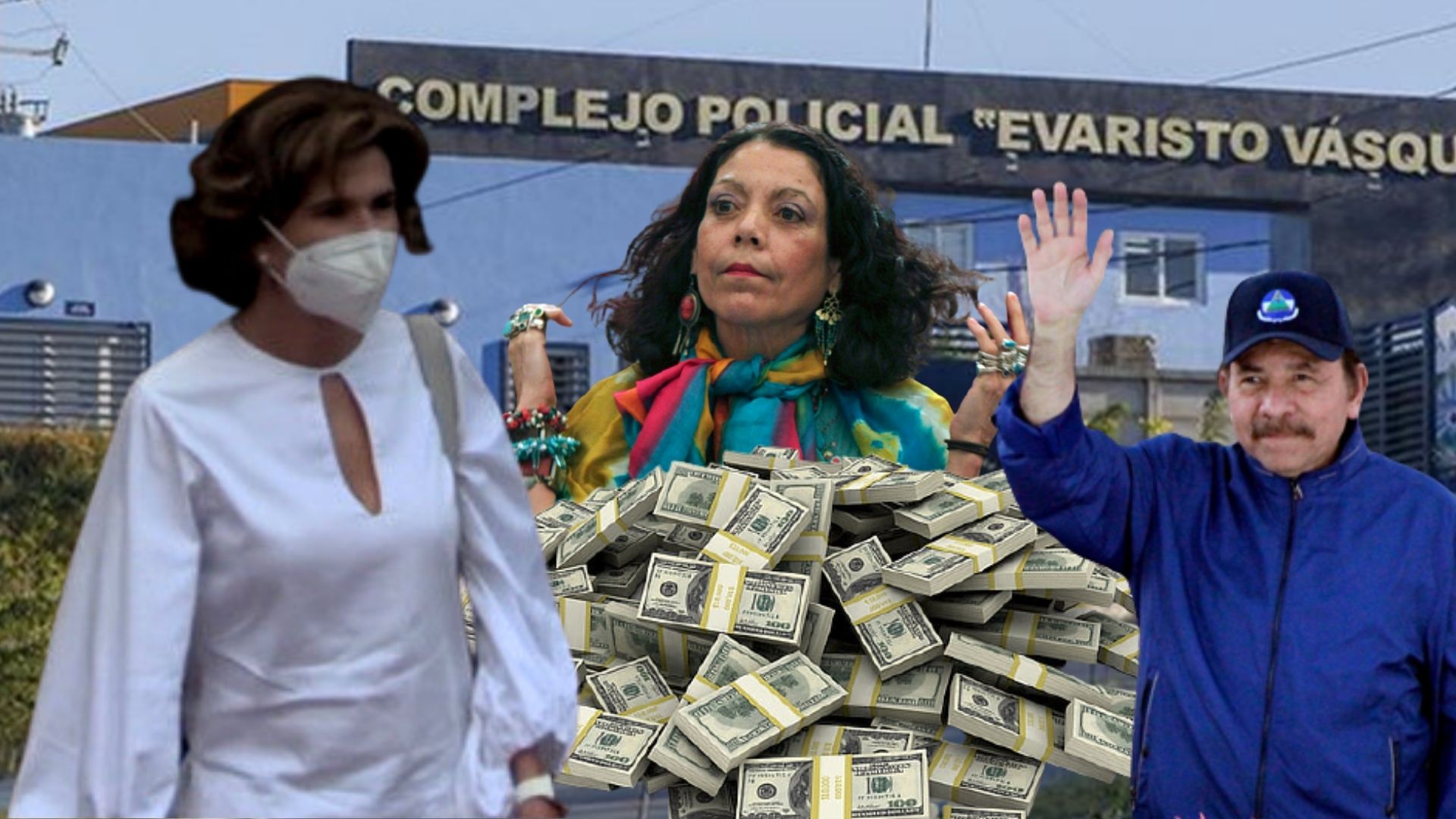
Nieva pointed out that the application of laws in Nicaragua are used to restrict civic space, apply legal restrictions focused on organizations, limitations on human rights, financial risk aversion and financial exclusion.
José Ugaz, a criminal lawyer who is an expert in human rights, described the regime of Daniel Ortega and Rosario Murillo as kleptocratic and that in the country there is no administration of justice in Nicaragua because “it is organized based on the logic of corruption and is subject to partisan submission, which which means that judges are obedient to the instructions of the regime».
Related news: The Prosecutor’s Office “could not” prove the “dirty” origin of the money destined for the FBVCH
“In Nicaragua there is no separation of Powers or institutions, it is known for being a country with influence peddling, impunity and acts of corruption,” he stressed.
“Without giving an appearance of legality, its justice system is controlled and has concentrated everything in the Executive Power. Since 2018, the Government has been, in a very calculated way, adopting coercive measures to achieve that control within an appearance of peace. The ways in which the government has implemented this so-called authoritarian legality was through the approval of repressive laws,” added Paulo Abrão, a lawyer and former executive secretary of the Inter-American Commission on Human Rights (IACHR).
The challenges of the international system
Laura Chinchilla, former president of Costa Rica, explained that the international system “has fallen absolutely short to be able to do something effective in the situation in Nicaragua” because there is a “great inability to intervene preventively despite the multiple warnings issued.”
He pointed out that since 2018 some of the alerts of what could happen in Nicaragua began to be lifted. He assured that Daniel Ortega never hid his intentions to accumulate power and that “everything that has happened in Nicaragua has been done in broad daylight and has been done with the complicity of some internal sectors of the country that perhaps now could be a little sorry».
Chinchilla stated that he has detected an inability to guarantee the legal commitments that this type of regime assumes in the face of some resolutions that are approved through resolutions such as those approved by the Organization of American States (OAS). “The regime becomes an expert at playing for time,” he lamented.
He added that there is also a “great inability to pronounce itself categorically, which in some way politically oxygenates this regime in the face of human rights obligations. It is incredible that today it has not been possible to apply the Democratic Charter and the instruments that it implies », he argued.
The former Costa Rican president assured that the Ortega-Murillo regime not only mocks the different human rights instruments for the protection of democracy at the regional level and at the United Nations level; rather, it is beginning to use existing instruments such as the Financial Action Task Force (FATF) for its own purposes.
“Here we have a serious problem that we have to recognize, that there is an Inter-American System designed to respond to the abrupt interruption of the constitutional order and democracy, but not to respond to the gradual deterioration such as the current cases of deterioration that we are observing,” assured.
Ciro Colombara, a Chilean lawyer, agreed with Chinchilla that the international system has given results “insufficient or incapable of resolving by themselves such a serious situation that affects thousands or millions of people, in this case in Nicaragua.”
“From that perspective as a society, it is a challenge that we have not been able to solve. Ortega-Murillo and his clique have been in power for more than 15 years and, ultimately, despite everything that has been done, what has happened in recent times shows us that the situation is more serious than imaginable and it is more difficult to modify. We necessarily have to go to another stage, go from reflection to action, not only by international organizations, not only by States; but also of civil society », he argued.
